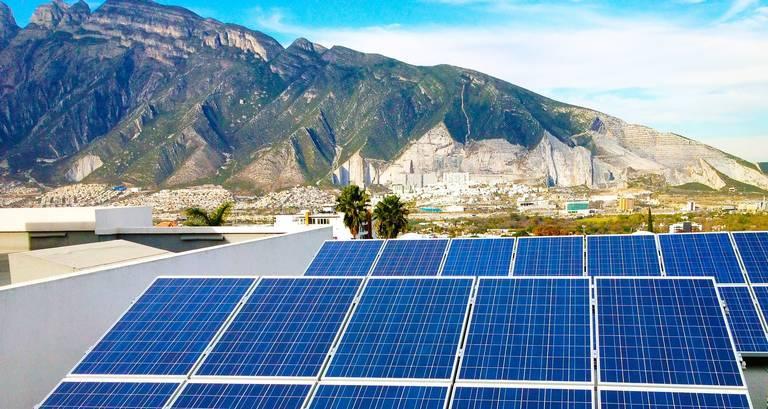
By Daphne Stanford
Why is there such a huge gap between sustainable energy and progress on a nationwide scale?
Let’s take a closer look at a few specific types of sustainable energy — solar, biofuel, and wind power — and the greater economic picture, to examine how these renewable power sources can flourish over the next decade.
Solar power
Many regions where it makes sense to harness solar power — for example, Florida and South Carolina — are controlled by lobbyists and conservative policy makers who favor traditional providers of natural gas, oil and electricity. Meanwhile, many of the best states for solar — Massachusetts, New Jersey, New York, Maryland and Connecticut — don’t necessarily get the most sun. However, perhaps this isn’t so much of a coincidence after all, since the solar industry doesn’t pose much of a threat to established utility companies in these states.
Of all the obstacles blocking rooftop solar panels’ ability to really take hold, the one perhaps most inhibiting is the sticker shock. Considering the average residential system costs about $12,500 after tax rebates, this price is enough of an impediment to many homeowners. As a result, most homeowners tend see a purchase like solar panels as a luxury. Luckily, solar panel system costs are projected to continue falling, as with much new technology on the market.
Biofuel & wind power
Interestingly, biofuel sourced from algae still stands to become one of the next major energy alternatives. However, biodiesel — still significantly cleaner than petroleum diesel, since it emits up to 76 percent fewer greenhouse gas emissions — remains the most usable and successful technological achievement, on the biofuel front. The most exciting part of this process is the adaption of difficult feedstock, such as grease from wastewater treatment plants, into renewable diesel. Waste-based biodiesel opportunities are the most promising, since the industrialized world has a surplus of waste that stands to be put to good use. If the oil industry is to face substantial challenges to its place as the primary provider of fuel for the automotive industry, it’s via the biofuel, hybrid, and electric vehicle industry.
Ironically, Renewable Energy World reports that Texas, a very red state, is the nation’s leading producer of wind power. Nebraska is another state in which wind power production is growing fast: “Fortunately, there are plenty of supporting facts — not alternative ones — that continue to show the growth, importance, and positive impact of clean energy in politically red regions and constituencies.”
The Atlantic Monthly recently noted that places like Eerie, Ind., are adapting to the changing economy by embracing the coding and tech industry.
The greater economic picture
Renewable energy stands to join the ranks of the tech industry, since it utilizes so much technology in its application, and the battle to disseminate accurate information, rather than “alternative facts,” continues—much of it online. Although the median household income in the U.S. rose slightly from 2015 to 2016, it still hasn’t reached pre-recession levels from 1999. Moreover, while the economy is steady, at the moment, sustainability-related occasions like Earth Day have been criticized as “a feel-good exercise for well-off liberals.” Instead, these days could be dedicated to helping underprivileged people with more immediate concerns like lead-tainted drinking water and food deserts.
In fact, the adoption of renewable energy can translate to economic benefits for not only the U.S. but other developing nations with lack of access to traditional power sources — such as in Asia and sub-Saharan Africa. Encouragingly, a full two-thirds of Americans support the prioritization of alternative energy development — rather than traditional fossil fuel development. Viewed in this light, renewable energy becomes the clear choice, moving forward toward an era where our dependence on fossil fuels wanes and clean energy leads the way toward independence, sustainability, and economic vitality. We must continue to speak out, however, to ensure that divestment from fossil fuels becomes the norm, rather than the exception. Doing so is necessary for the advancement of the human race — meaning all of us, rather than the elite privileged and few.
Daphne Stanford writes poetry & nonfiction, and she believes in the power of art, education, and community radio to change the world. Since 2012, she’s been the host of “The Poetry Show!” Sundays at 5 p.m. on Radio Boise. Follow her on Twitter @TPS_on_KRBX.
Image Credit: Pixabay
TriplePundit has published articles from over 1000 contributors. If you'd like to be a guest author, please get in touch!














